Popular from ancient times because they were considered an aphrodisiac and a symbol of fertility, pine nuts have always been valued for their delicate flavour and numerous qualities.
They are the small, thin, oblong, ivory-yellowish seeds extracted from the strobilus of different types of pine.
Composition and benefits
Pine nuts nutrition properties supply an excellent source of energy and contain: carbohydrates, protein, fiber, essential amino acids, mono and polyunsaturated fatty acids, vitamins A, B, C, D, E, K, magnesium, phosphorus, potassium, calcium and iron.
Pine nuts benefits include the following:
- They reduce the risk of heart disease by keeping LDL cholesterol levels and blood pressure under control.
- Thanks to their antioxidant effect, they can protect cells from oxidative stress, while slowing down skin aging and cognitive degenerative processes.
- Pine nuts calories and nutrients are aboundant, pine nuts are an excellent source of energy during periods of convalescence or intense exercises. Their consumption considerably reduces the feeling of hunger.
They have, from ancient times, been considered excellent remedies for heartburn and thirst relief.
How and when to eat shelled pine nuts
Shelled pine nuts can be eaten by themselves or as an ingredient in many recipes, both sweet and salty.
Known for their use in basil pesto receipe with pine nuts, they are perfect for making sauces, creams, first and second courses, salads, biscuits, baked items and cakes (such as grandma’s cake and pinolata).





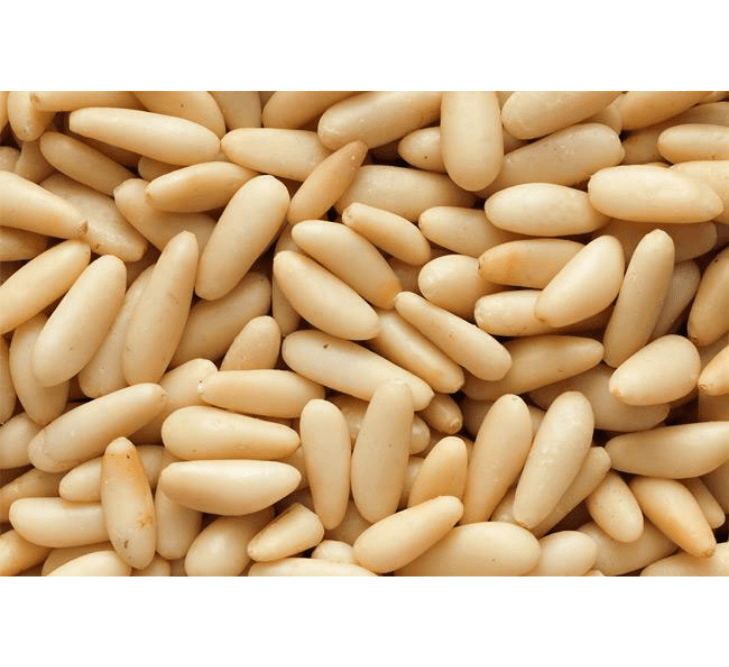
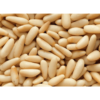
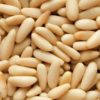
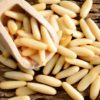
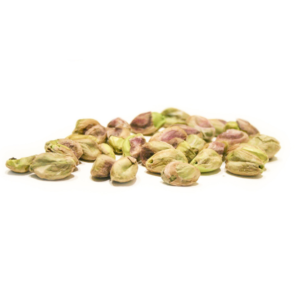
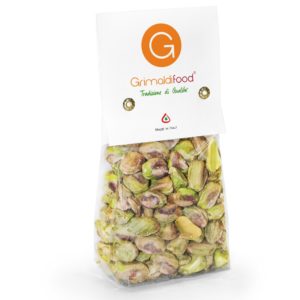
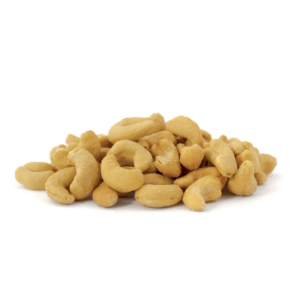
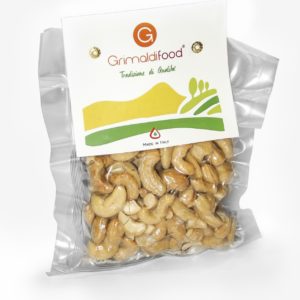

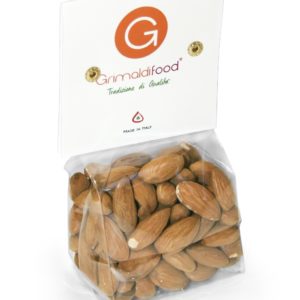
Reviews
There are no reviews yet.